You are here
Educational Excellence for Everyone: A Possible Reality
About the speaker
Roser Salavert
PhD in Educational Administration and Superintendent of Community School District 3, New York City
Main idea
Educational excellence is possible in a multicultural social context, with a high ratio of newcomers, with low basic education levels, with associated social problems (as is the case of many districts in New York). To make this possible, we need to go from a culture of conformity to one where we want success for all, where clear goals are established, where the directors and the teachers play a leadership role and where there is accountability for the work carried out.
What 'traditional' education in New York was like
• The education process is based on three elements: teaching, learning and contents. In traditional education, teaching prevailed over the other elements. There is a rush to cover the curriculum and this forces the teacher to give master classes.
• When the process is assessed, what happens is an assessment of whether the curriculum content has been assimilated. In schools where there is a great diversity of origins and levels and where there are many students who do not speak English, not everyone will achieve the curricular objectives.
• External assessments are standard.
• Conclusions: teachers and the system in general believe that not all the students can reach the established levels. ’You can't ask them for more.’ It is a failing education system. In schools such as the ones managed by Rosa Salavert, only 10% of the students passed the standard state exams.
Change to an education that seeks success for all
Foundation for the change
• The No Child Left Behind federal law (2001).
• A number of initiatives for going from teaching-based education to learning-based education: all students have the ability and the right to learn and can attain standard skills.
• Change in school management. More autonomy, leadership of directors and teachers and internal and external assessment.
Principles on which learning-based teaching is based
• Hard work is the basis of learning: ‘we don't serve anything on a plate’.
• Expectations are clear. The student and the family know the skills they have to attain.
• Recognition of successes as a motivating element (e.g. a class shows students from other levels or parents the results of a specific piece of work done).
• Fair assessment. Trend towards situation tests.
• Applied intelligence. The aim is for students to answer in a reasoned way.
• Learn by learning. It is not just a case of memorising. Practising what is being learned is also of great importance.
• Results: in the same districts of New York where only 10% used to pass the standard tests, there is now a 70% school success rate.
No Child Left Behind
• The law does not determine curricula. It establishes scores in each subject that have to be reached. Each State develops its own standards to achieve this score. These standards are based on skills, not on the curriculum.
• The standards are established on the basis of studying a great many samples.
• Students who do not speak English are asked to achieve the same level as the others but the learning is dual (in both languages).
• The co-responsibility of the families is sought with regular status reports on the students' progress.
• If the school has not achieved the aims, the families are given the possibility option of changing school.
• The law has been translated into the classroom in the form of strategies to attain success. Example: weekly 45-minute tutorials are given in which the teachers speak with the students on non-academic issues to try to solve emotional problems. The school director also gives this tutorial, devoting it to the more difficult students.
Change in school management (leadership + autonomy + performance assessment)
• Until 2002, school management and ideas of innovation went from the district office to the schools. Success was limited because it was far from the action, far from the actual and individual reality of each school.
• From 2002 onwards, autonomy of management and a high degree of responsibility was given to the schools.
• The director is no longer a leading teacher, but a leading manager who administers the budget and who develops a strategic school plan. They assess the teaching staff. At the end of the year, they have to give an account to the superintendent about whether the targets set out in this strategic plan have been achieved.
• Tools are provided so that the director feels they have support in taking on this high degree of responsibility. They network with other directors and with the teaching staff at the school.
• Great value is given to training the teaching staff, who have to devote part of their time to being trained and innovating in the same school. In an initial stage, every school had to have an innovation team (which studied one of the most serious problems at the school and offered possible short-term solutions that were applied in the day-to-day running and which, if valid, were rolled out). Now, all the teachers in the school are asked to be involved in an innovation team.
• An account has to be given at the end of the year. Teachers, families and students are surveyed. There is also an external assessment. The details about the progress are public and are posted on the Internet.
Conclusion
There has been a move from a culture of conformity to one of sustained excellence; from a culture where the teacher acts individually to one of strategic collaboration and distributed leadership; from a culture of uniformity to a culture of differentiation. Assessment is not the goal but a tool to achieve excellence.
Discover
other ideas
-

Perennial Dilemmas Policymakers and Practitioners...
Larry Cuban
2010 -

Uncertainty and creativity: educating for the know...
Daniel Innerarity
2010 -

The State of Education in Catalonia. Priorities an...
Ferran Ferrer, Ramon Farré, Ramon Plandiura
2010



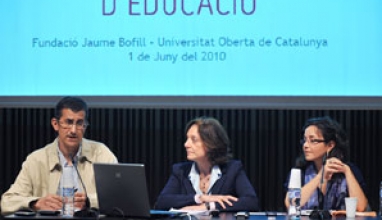
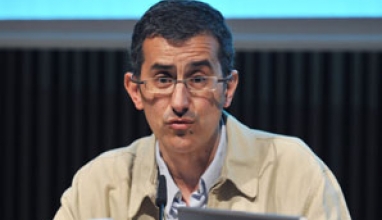
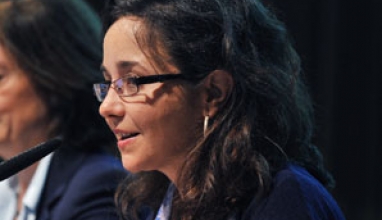


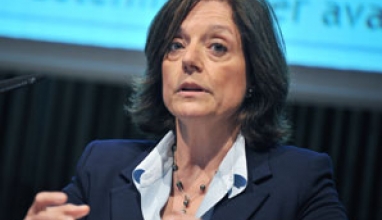
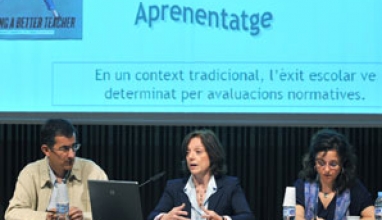
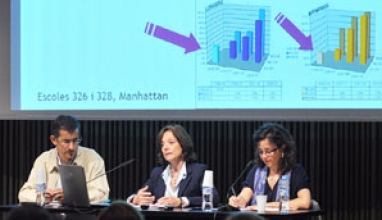
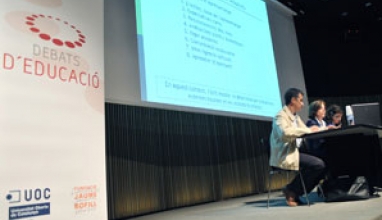
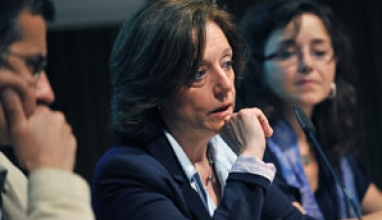
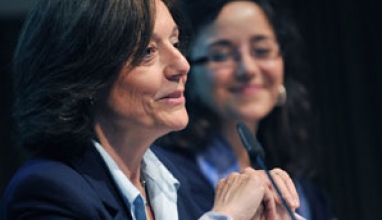


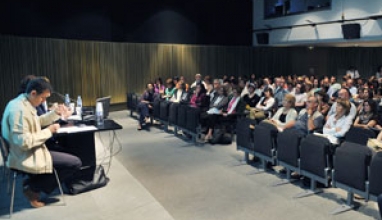
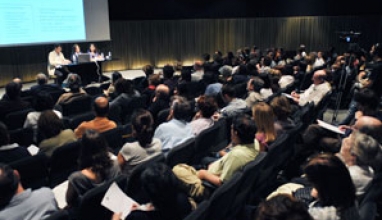

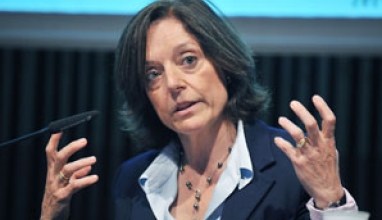
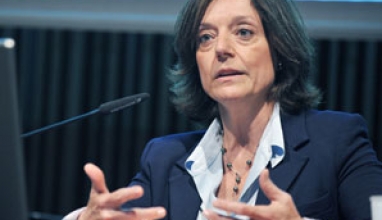
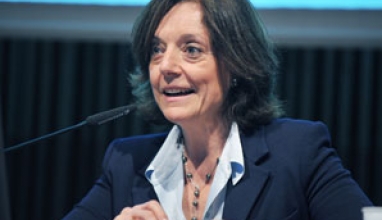
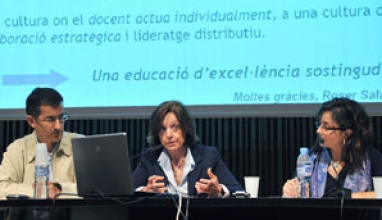
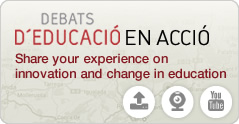
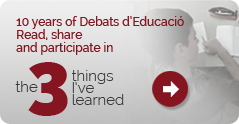

 The texts published on this website are, unless otherwise indicated, covered by the Creative Commons Spain Attribution - Non Commercial - No Derivs 3.0 licence. You may copy, distribute and transmit the work, provided you attribute it (authorship, journal name, publisher) in the manner specified by the author(s) or licensor(s). You may not use the material for commercial purposes. You may not transmit any derivative work from this material. The full text of the licence can be consulted here:
The texts published on this website are, unless otherwise indicated, covered by the Creative Commons Spain Attribution - Non Commercial - No Derivs 3.0 licence. You may copy, distribute and transmit the work, provided you attribute it (authorship, journal name, publisher) in the manner specified by the author(s) or licensor(s). You may not use the material for commercial purposes. You may not transmit any derivative work from this material. The full text of the licence can be consulted here: